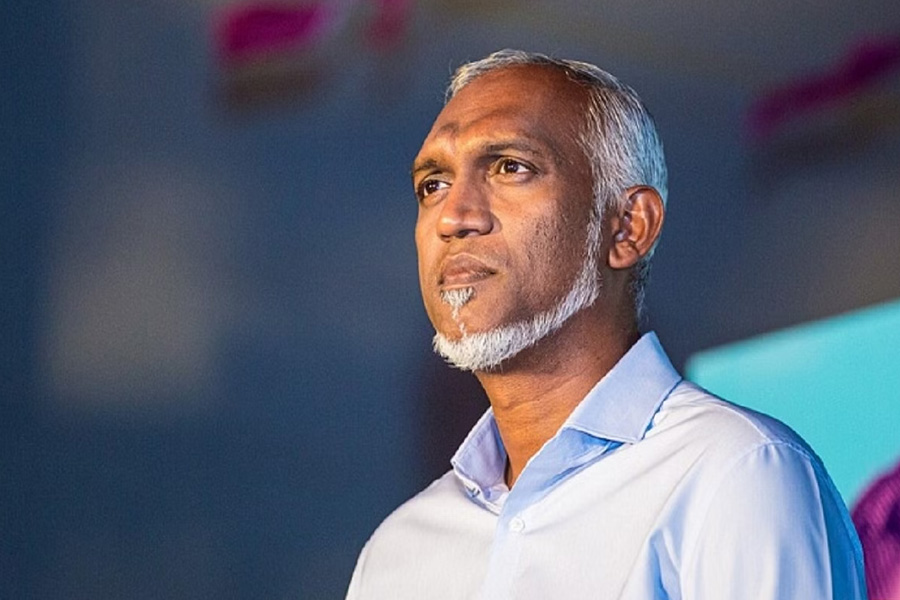
Muizzu said that he opposed the presence of foreign security personnel “whether it’s India or any other country.”
Author
Jitendra Nath Misra, former ambassador and Professor of Diplomatic Practice, Jindal School of International Affairs, O.P. Jindal Global University, Sonipat, Haryana, India.
Summary
Can the downslide in India’s ties to the Maldives be halted? President Muizzu’s call for withdrawal of Indian military personnel was a snub, but an agreement was also reached allowing “technical personnel” to operate Indian aviation platforms (the first batch has arrived). This compromise is in contrast to Muizzu’s hardline position on other issues dividing the two nations.
Male decided not to renew an existing agreement with India on hydrography and skipped the Colombo Security Conclave. Muizzu announced that the Maldives would reduce dependence on India for food supplies (by importing from Turkey) and medicines (by importing from Europe and the US), as well as promoting medical treatment in Thailand and the UAE under the country’s healthcare insurance scheme. To strengthen domestic capability to surveil the surrounding oceans Male signed a $37 million deal with Turkey for reconnaissance drones.
As much as touching a nationalist nerve ahead of elections to the Majlis due in April Muizzu is also seeking to diversify foreign partnerships. But does reducing dependence upon one partner (India) by increasing that upon another (China) create equilibrium?
Male’s Grand Strategy
As I have argued elsewhere, the Ibrahim Solih regime’s public espousal of “India First” was unnecessary, running the risk of a backlash. The people elected Muizzu promising to diversify foreign policy options with greater control over security policy. Muizzu said that he opposed the presence of foreign security personnel “whether it’s India or any other country.”
Published in: Moneycontrol
To read the full article, please click here.

